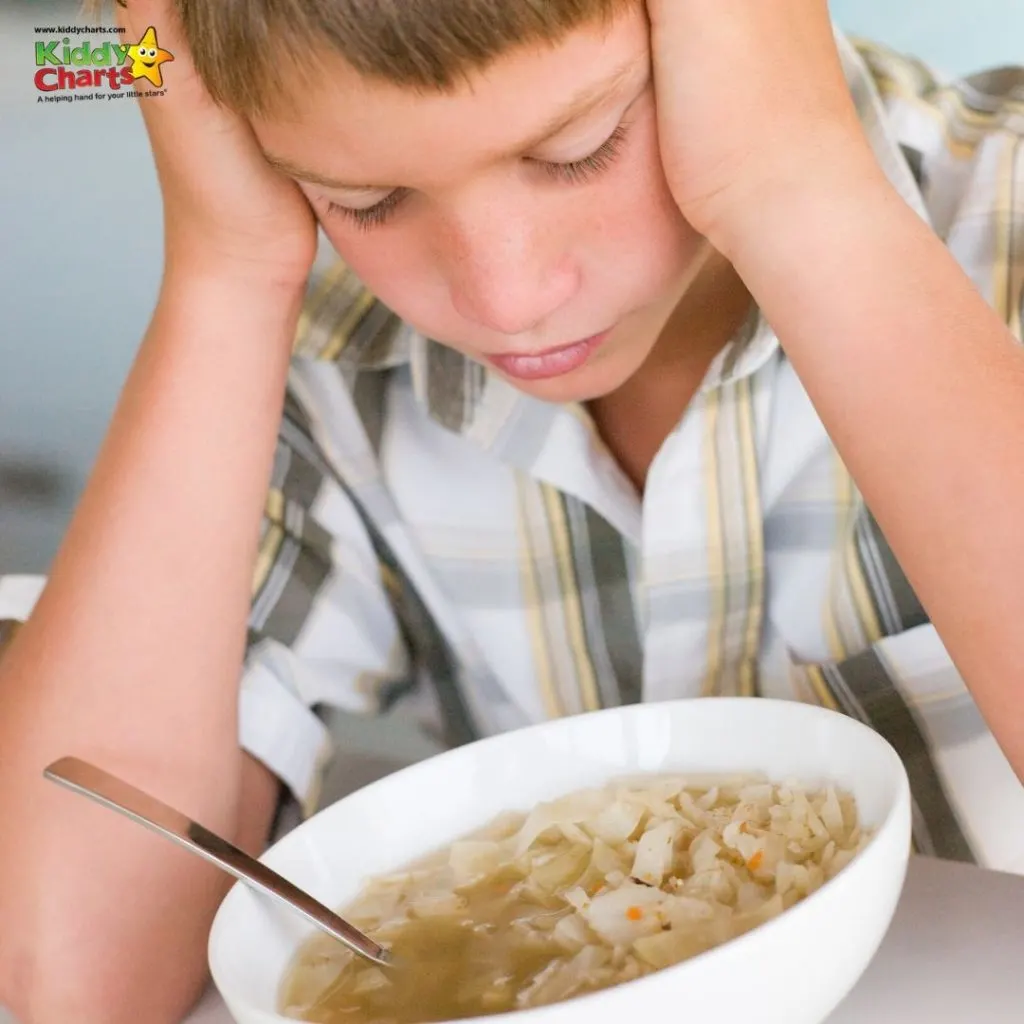Maria is back with another guest blog. She asked her Facebook page “likers” to give her some problems around fussy eating. She then created a hypothetical question to answer from all their responses! Let us know what you think.
I have a 3 year old daughter who just refuses to eat much at all, throwing full on tantrums if we try and make her eat anything she doesn’t want to. It’s spoiling mealtimes for the whole family and is driving me insane, I keep bursting into tears. Some days she’s fine and will eat a small amount several times throughout the day, but still not a lot. Most of the time though, I can’t get her to eat anything and she’ll only have a piece of toast and maybe a banana in a whole day; she may pick at some grapes too. She looks physically well, but I am worried she’s not getting enough nutrients and this will affect her development. All she wants to eat is chicken nuggets, but I want her to eat more healthy foods and she won’t try anything new at all.
Please help me.
Worry around fussy eating
It’s awful when our children, the most important people in our lives, make us feel so worried about them and a fussy eater does just that….after all, we know we need food to survive!
Let me reassure you that you are NOT alone, there are literally hundreds of parents who are experiencing the same thing! It’s actually quite common for children to go through a stage of ‘fussy eating’ when they are toddlers, and they’ll do it all the more if they think they are getting a reaction from us for it.
They know how to push our buttons so it’s important to not make it into a big issue and just remain calm at meal times. Easier said than done I know!
What we find is that fussy eating kids often want just one or two things such as crisps and chocolate and seem to not eat anything else. If we continue to offer them a range of foods, so they get used to seeing and smelling them, then these habits usually do change as your child gets older, but it is worrying and we wonder how it is affecting them.
What to do if you’re worried about your fussy eater?
It’s important to remember that children don’t need as much as adults do to eat, their stomach is so much smaller than ours and their potions need to reflect that too. If you are worried that your daughter isn’t getting enough nutrients you can speak to your pharmacist about a calcium or multi-vitamin supplement.
If you are very about fussy eating worried then you can see your GP and a simple blood test can tell you if your daughter is deficient in anything she needs. I know about this as my son, who is 4 years old, has so many allergies that I have to really focus on what I’m feeding him to make sure he gets enough of everything he needs! It’s a hard task, especially when there’s no one around to guide you!


Some tips to beat fussy eating which might help include:
1) Eat meals together.
Make sure that at least once a day the family sits and eats together. Children will often pick at their food and eat more than they realise if they see others doing the same and it becomes part of their usual daily routine. They’ll enjoy the conversation and the food will just become part of this
2) Invite their friends round who do eat.
If you know they have a friend who has a good appetite then invite them round to have a meal together once a week. Your child will see that their friend eats and may be encouraged to try some of the foods they are eating too. This might help beat fussy eating.
3) Don’t use bribes.
Don’t tell your child they can only have desert for example if they eat some of their main meal. This will only encourage game playing as part of eating and you don’t want this. You need to make it as normal as possible. Just be very firm. State quite clearly that this is the food they have on offer today and it’s up to them to eat it. If they do eat it then that’s great and they can move onto desert, is they don’t then they don’t move onto the next course. It really is that simple. Don’t get sucked into a conversation with them about it
4) Don’t let them fill upon snacks.
If you allow your child to fill up on snacks such as biscuits and crisps etc throughout the day chances are they won’t really be that hungry when mealtime comes and will be less likely to eat. Have snack times if necessary, e.g. mid-morning and mid-afternoon and again, offer them one or two options; some fruit or a cracker.
If they choose not to accept this then that’s fine, but make sure they don’t get anything else. This may sound harsh and you may think you are starving your child but you’re not. They’ll eventually eat when they are hungry and will realise that they actually do like some of the foods they have been avoiding.
5) Use a reward chart.
Sometimes it helps to show our children that we appreciate they are trying and this makes them feel good about themselves. You may want to give your child a star for each new food they try and then when she gets to say 6 stars, they get to choose a treat. This allows them to try new foods but also keeps those treats a minimum too!
6) Don’t insist they eat everything on their plate.
This way they will feel forced to eat and will associate negative feelings with food. It’ important to remember that we want them to develop good relationship with food so we need to associate good feeling and good memories with food.
7) Go on a picnic.
Create a family activity around food. Take their favourite sandwiches and some fruit etc, and of course that favourite teddy bear and go out on a picnic. Your child will learn lots of new skills and see that eating can be fun too.
8) Allow your children to prepare meals with you.
Often we find that children eat better if they see how the food is being cooked and because they have made it they see it as theirs, and theirs to eat! Make something they like such as pizza, but put lots of healthy toppings on too, ensuring they are getting plenty of vegetables.
Of course, I am not a qualified doctor or health visitor. If you are trying to beat fussy eating or are in any way worried about your child; or they seem unwell then please take them to see your GP who will be able to check they are OK and put your mind at rest.


If you enjoyed this post, we have many more parenting tips. Please subscribe to our newsletter to not miss out!
I hope this helps you beat fussy eating and please feel free to add any comments below which you think may help others too. Don’t forget to share it with others and visit us on Facebook.
Helen





Shena Cooper
Thursday 7th of June 2012
A great article, I would only add 'Show children how to grow food. Eating peas straight from the plant is a snack you can allow between meals. Also research shows that children are much more likely to eat food they can identify...teach your children the name of foods while you let them help you prepare it. Grow Cook and Eat is our motto. Treats/rewards I agree fully, would rather a chart than sweets but a lovely strawberry or crunchy apple make great treats. Most cultures do not plate meals, food is placed on the table to be shared around...children take what they want, they learn lessons about sharing and manners and they take and eat what they want. I think this is a great way to show children what food is about, togetherness, relaxation and communication as well as enjoyment of tastes and textures.